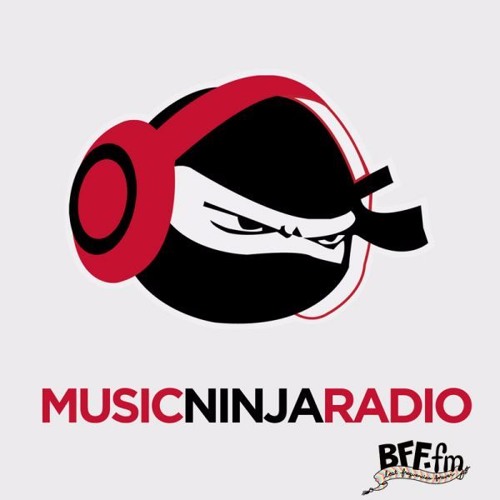
In the last few years, the dubstep genre has grown from an underground south London subculture into a world wide phenomenon. In the past year alone, dubstep has exploded into the international musical mainstream in a way that is unprecedented by any other style in our generation. That explosion has created an overwhelming amount of diversity among production styles, which has caused some stylistic rifts between dubstep producers and subgenres. In an interview with Boston newspaper The Phoenix, London R&B singer/dubstep producer James Blake had this to say about the steppers across the pond:
I think the dubstep that has come over to the US, and certain producers — who I can’t even be bothered naming — have definitely hit upon a sort of frat-boy market where there’s this macho-ism being reflected in the sounds and the way the music makes you feel. And to me, that is a million miles away from where dubstep started. It’s a million miles away from the ethos of it. It’s been influenced so much by electro and rave, into who can make the dirtiest, filthiest bass sound, almost like a pissing competition, and that’s not really necessary. And I just think that largely that is not going to appeal to women. I find that whole side of things to be pretty frustrating, because that is a direct misrepresentation of the sound as far as I’m concerned.
Brostep. The music that American frat-boys listen to for three to six weeks before claiming to be “really into electronic.” The ecstasy riddled raver culture that sprung up out of nothingness and is now pervasive among the American youth. In short, this:

So what’s to make of it all? Is Blake right? Have Americans bastardized “true” dubstep into a sensationalist, testosterone filled “pissing contest”? That much I can’t say. I don’t claim to be nearly so skilled (or pretentious) to be able to identify the “ethos” of musical styles as Blake apparently can. But I can see what he’s getting at; the appearance of an ignorant, meat-headed, die-hard dubstep audience in America has led to the popularity of numerous unskilled amateur producers who know little more than how to drop a beat.
But what does that mean? Is Brostep just a fad created by unskilled American riff raff? Will dirty drops and wobble bass be forever remembered as the disco of our generation? Yes and no. In an interview on BBC Radio 1, Rusko summarizes my thoughts perfectly.
It’s not heavy metal. I’ve been in America touring for a long time and even more so they just want it as hard as you can. They’re like ‘Rusko, I want you to melt my face off tonight! Play the hardest you’ve got!’ And I’m like, it’s not about playing the hardest, hardest tracks for an hour and a half. That’s like someone screaming in your face.
Hard tracks have a time and a place. The best DJs know that. That’s why Rusko has Everyday, Bassnectar has Timestretch and Skrillex has Ruffneck (Flex). Hard drops need build up, and the spirit of dubstep isn’t just having your face melted by the dirtiest bass there is. Anyone who thinks it is will quickly grow tired of the monotonous “face screaming” style that some amateur producers have come to bank on. Either that, or the macho-ist dubstep subgenre will soon grow as irrelevant as their heavy metal counter parts. The American obsession with the hardest dubstep possible is bound to fade with time.
But then that begs the question, “how hard is too hard?” Can there be any heavy bass that doesn’t cross the line between the original ethos of dubstep and an untalented, macho-ist pissing contest? That much is a matter of opinion. Being the soulful R&B/dub producer that he is, James Blake’s utter rejection of dirty bass in the genre is understandable. If you’re down for the dirty, more power to you. If you’re not, that’s cool too. But as far as I’m concerned, it’s hard to argue with the numbers.
Case in point, Skrillex, in the span of one calendar year, has gone from being a virtual unknown to an international DJ sensation. He has played Ibiza, and sells out shows in America, Europe and the UK. And although he is a polarizing figure, with about as many people who love him as hate him, he has an enormous audience. His style could be a bastardization of original dubstep, macho-ist, or the electronic version of death metal, but whatever it is, people love it. So while heavy bass might not be in the original spirit of the genre, it damn sure is popular.
In the end, that’s pretty much what it comes down to. How else can we define good music other than what people like? If Skrillex and the rest of the dirty dubstep producers can garner this much attention in this short of time, doesn’t it kinda seem like they’re onto something? Whether or not you like it, agree with its ethos, or acknowledge it as in line with its genre’s original spirit, they do what people like. How can you fault them for that?
Related items:
















